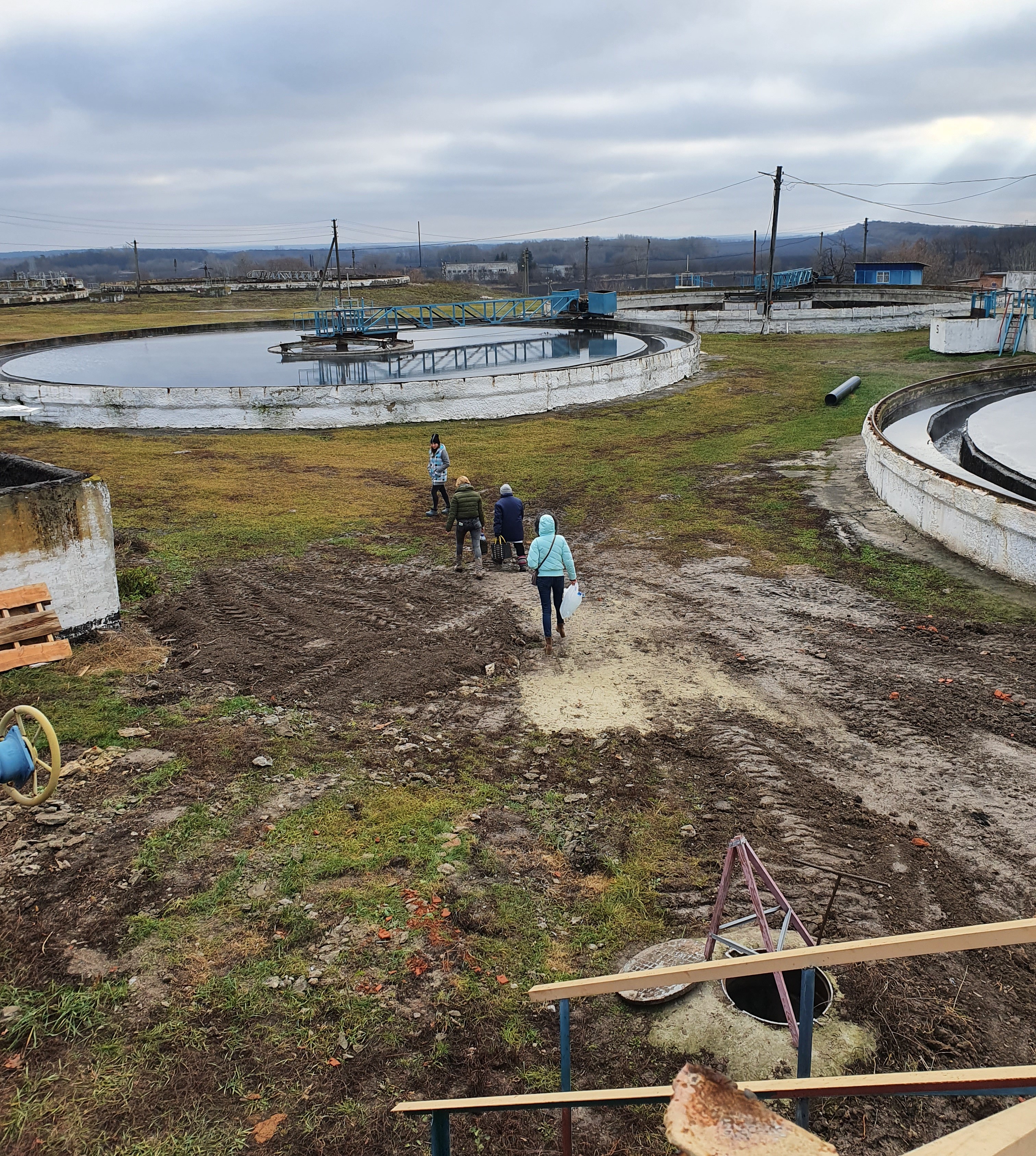New paper published by Yelizaveta Chernysh, Viktoria Chubur and Hynek Roubík from BRT.
Sustainable and cyclical water management is a critical challenge for the water supply and wastewater sector, given its important role in determining the economic value of water. Therefore, there is an urgent need to further explore business opportunities in this sector to maximise water potential. In this case, an important development sector is the addition of digitalisation operations in water treatment plants and wastewater treatment plants, as well as the replacement of industrial devices with more energy efficient options based on sustainable solutions.
The aim of the work was to investigate a control system for the biological stage of wastewater treatment using a control information system.
The technological prerequisites for building future forecasts of wastewater quality after treatment at treatment plants depending on measurements of pH, ORP, conductivity, temperature, and other parameters were developed, as well as the inclusion of the created software in the case of modernisation (reconstruction) of treatment plants.
The realisation of a mathematical model of a simple process of population growth of monoculture with two factors that affect population growth (nutrient concentration and concentration of monoculture production concentration) was presented. To synthesise the mathematical model, we introduced a 'factor function' reflecting the influence of a certain factor on a certain species of microorganisms. The differential equation of the dynamics of the number of i-th species of microorganisms in the activated sludge was described.
The applied system of automated monitoring of wastewater parameters with expert assessment of activated sludge with a unified mathematical model of approaches allows the implementation of a comprehensive decision support system in the WWTP. The limitation of use is determined by the number of measuring instruments capable of measuring wastewater quality indicators in real time. However, this requires the construction of mathematical models that would take into account the cause–effect relations that operate under conditions of incomplete technological information and the potential presence of emergencies due to natural disasters and military activities.
Citation
Alekseevsky, D.; Chernysh, Y.; Shtepa, V.; Chubur, V.; Stejskalová, L.; Balintova, M.; Fukui, M.; Roubík, H. Enhancing Ecological Efficiency in Biological Wastewater Treatment: A Case Study on Quality Control Information System. Water 2023, 15, 3744. https://doi.org/10.3390/w15213744


